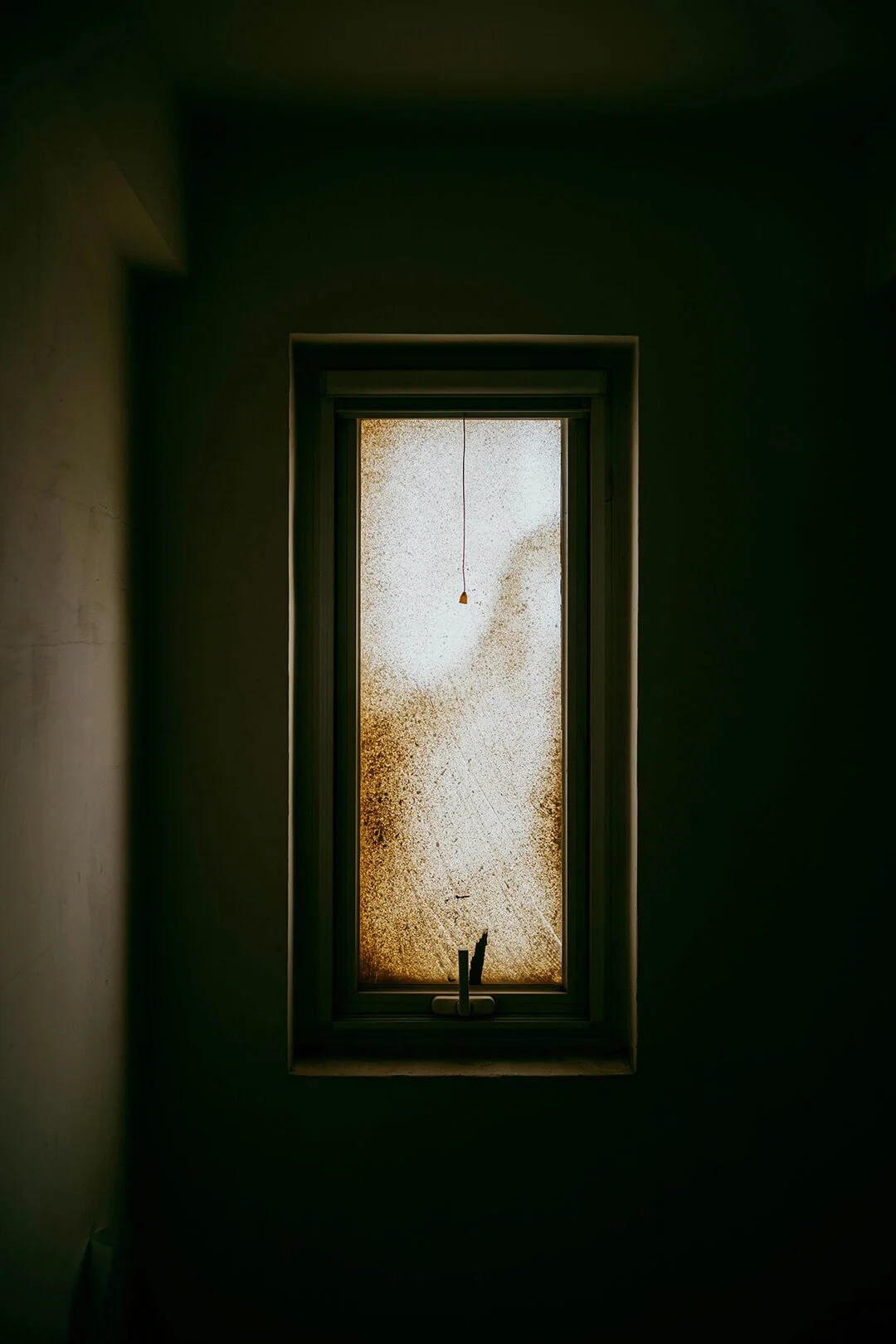Abuse
You brought this on yourself! What would you do without your mom? Where do your hands even come from? Stop whining! Apologize. When will you grow up?!
Such phrases can be heard in many families in Russia, in school classrooms, kindergarten groups, during sports practices, at doctor’s appointments, on playgrounds, and in grocery store lines… Do you think emotional abuse is something distant? Think again.
The American Psychological Association has concluded that emotional abuse of children can be more dangerous than physical abuse, as it leads to equal or more severe psychological consequences.
Verbal and emotional abuse is difficult to detect because it has become a part of our culture. We have stopped being sensitive to it, as we were raised in it and continue to raise our children in the same way. For many of us, this is normal and “justified” behavior. We don’t even connect it with our own low self-esteem and difficulties in building relationships. Our children learn to live in fear, shame, guilt, insecurity, and feelings of worthlessness. The unpredictability of adult reactions is simply part of their lives.
People who have experienced childhood psychological abuse often display unhealthy behaviors such as smoking, alcoholism, drug use, dropping out of school early, and engaging in promiscuous sexual relationships. They are more likely to suffer from impulse control issues, migraines, obesity, diabetes, heart disease, depression, anxiety, addictions, and other chronic conditions. Their bodies and brains age faster. They find it harder to create positive relationships with others.
In 2021, researchers at the University of Montreal found that children who systematically experience psychological abuse and emotional rejection have significantly smaller brain sizes in adulthood compared to the norm.
Verbal abuse coming from parents and other significant adults becomes “good abuse,” as it is supposedly practiced for the child’s benefit, to make them a good person, a good student, a future worker. However, this form of collective “benevolence” significantly diminishes people’s quality of life.
Perhaps we should become more mindful of how we communicate with our children? And stop the re-traumatization that is passed down from generation to generation? Research indicates that childhood abuse must be prevented at the stage of pregnancy planning, or even better when the parent is still a child themselves.
For those who are already established as parents and have made some mistakes, it is important to develop new skills:
- Learn to recognize signs of psychological abuse in your own behavior and in the behavior of others.
- Refuse communication or limit interactions with such individuals and know when to stop yourself.
- Work through your childhood traumas and experiences with a psychologist.
Books and my broadcast (see the recording in the feed and request a reading list using a code word) can help you recognize signs of psychological abuse.
A simple tactic can help you know when to stop yourself:
- Determine your stress level: Low. Medium. High.
- If your stress level is high, seek a safe space to calm down; avoid communication with children for a short time, informing them that you want some quiet time to rest.
- Acknowledge all your child’s emotions with attention. Show empathy.
- Stop managing your child’s behavior through inducing fear and shame.
Caring for your child is your inner culture.
